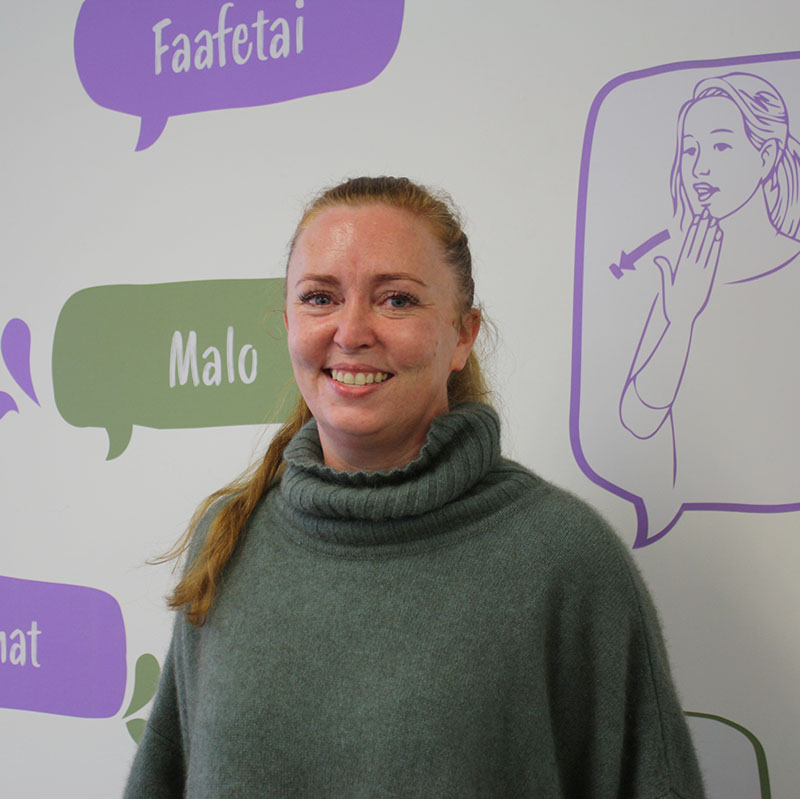 When Rachel Dunn joined Primary Health Organisation (PHO) Te Awakairangi Health Network (Te AHN) as a project manager, she didn’t imagine she would be setting up first testing facilities and then vaccination centres. Now she has oversight of two vaccination centres in the Hutt Valley, including a centre set up in May this year in a former Postie Plus on Hutt High Street.
When Rachel Dunn joined Primary Health Organisation (PHO) Te Awakairangi Health Network (Te AHN) as a project manager, she didn’t imagine she would be setting up first testing facilities and then vaccination centres. Now she has oversight of two vaccination centres in the Hutt Valley, including a centre set up in May this year in a former Postie Plus on Hutt High Street.
“We had 11 days to turn it into a clinic – get the power on, clean the ventilation systems, and make it fit for purpose,” explains Rachel. “We ran the first clinic for Group two for greater Wellington, so everyone learned from us.”
The clinic runs seven days a week, and can vaccinate up to 800 people daily. Around 25 staff will be needed to operate the clinic on a busy day, working as greeters, administrators, receptionists, clinical and operations leads, and of course vaccinators, who also take turns ‘drawing up’ the vaccine and observing people for any potential side effects.
Working collaboratively with other PHOs and their medical practices, the two DHBs, Māori providers, Pacific providers, and pharmacies, different initiatives have been introduced to make it as easy as possible for people to be vaccinated. “Together, we run a wide variety of different clinics, from Pacific festival days to rainbow community clinics, various disability clinics, drive through clinics, and school holiday clinics offering prizes to teens,” says Rachel.
“We’ve had great feedback from people who’ve come through our clinics. Staff are really accommodating and will do whatever it takes to help someone get vaccinated.”
The best part of her job is “seeing people who are hesitant or worried about getting their vaccinations come in, being immediately looked after and welcomed, and leaving happy – and coming back for their second dose.”
Like other PHOs and community healthcare providers, Te AHN also offers in-home vaccinations and, as the campaign progresses, plans to take mobile clinics into communities where vaccination rates are low. “We’ve found the majority of people who would come to a booked appointment have done so, and now it’s about going out and reaching those who can’t or won’t come to a clinic.”